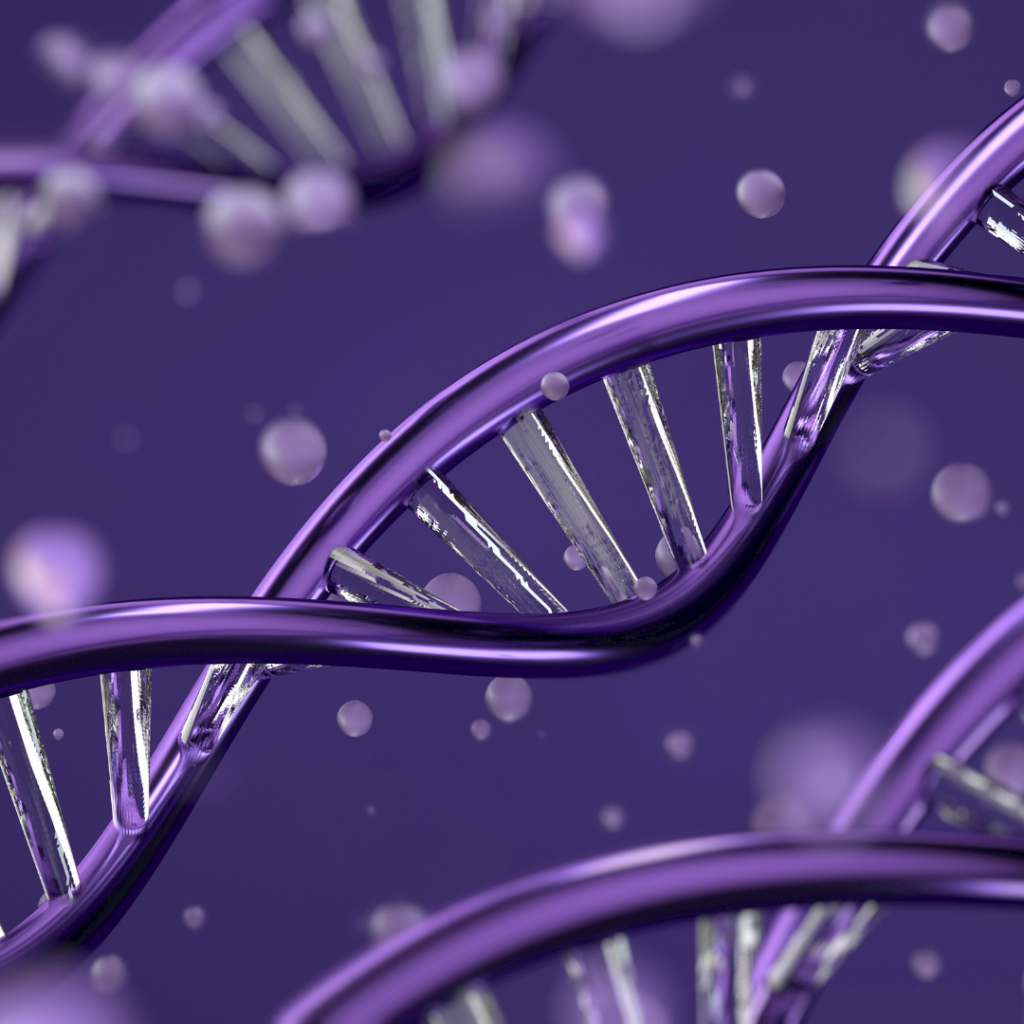STEAM DNA workshop

The STEAM DNA workshop is part of the activities foreseen in WP3 which aims to establish the SENSE.STEAM methodology. It took place at Western Norway University of Applied Sciences (HVL) in Bergen from 15 to 17 November 2022. It was attended by partners, associated partners, the International Advisory Board and stakeholders and professionists in the key issues addressed by the project .
The STEAM DNA workshop aimed to:
- – Explore diversity and richness of STEAM understandings among the participants identifying existing knowledge and practices on STEAM.
- – Design and share principles of the SENSE.STEAM (the DNA of SENSE.STEAM) and gather valuable feedbacks to be implemented in the ongoing work.
- – Bring together participants from different backgrounds and levels of experience in the fieldof STEAM and STEAM education in an active creation process.
The first part of the workshop was dedicated to creating synergies between the participants while exploring areas of commonality and difference on the scope of STEAM and on the project in relation to beneficiaries and stakeholders. The second day of the workshop was dedicated to piloting selected experiences of STEAM education as a common basis on which to discuss, while outlining interesting insights for the SENSE.STEAM methodology. The third phase was dedicated to deepen the results in four “clusters” (STEAM beneficiaries, SENSE.STEAM theoretical model, SENSE. Learning Companion, the SENSE. six topics of Green Deal, Digitalisation, Health, Work-readiness, Space and social inclusion) for outlining working paths for the future work.
Outputs of this workshop which will contribute to co-create the methodology of the SENSE. project, STEAM, and its pedagogy, can be summarised as the following:
- A first outlining of the SENSE.STEAM beneficiaries and their needs assessment.
- A preparatory document for the SENSE.STEAM educational model with guiding questions to evaluate.
- A preliminary set of criteria to identify STEAM practices and to envision the educational material.
- A visualization of the ecosystem of interrelationships to respond to address Green Deal, Digitalisation, Health and Work-readiness while mainstreaming social inclusion and spatial design and promoting new form of inquiry and reflection.
- The creation of effective synergies among participants which nurture the networking, the sharing of perspectives and the increase of awareness of the complexity and scope of STEAM education and thus of the project.
